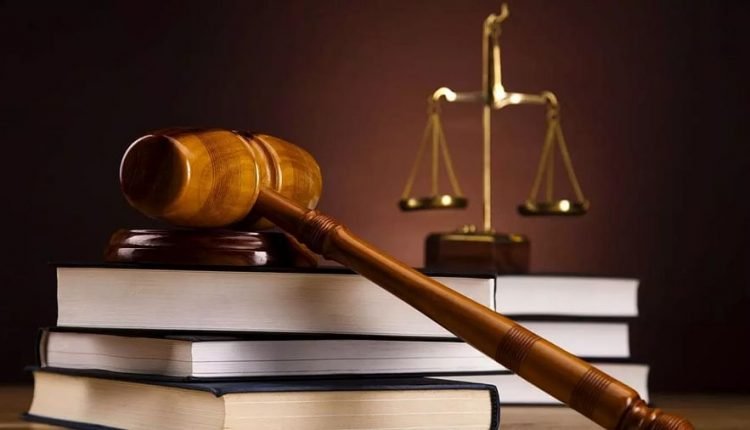J&K High Court Forms Full Bench to Hear Petitions Against Forfeiture of 25 Books on Kashmir
Petitions argue government’s ban violates free speech, targeting publications accused of promoting “secessionism”
Srinagar, Oct 13: The Jammu and Kashmir and Ladakh High Court has constituted a three-judge Full Bench to hear a series of petitions challenging the government’s controversial order that forfeited 25 books on Kashmir for allegedly promoting “false narratives and secessionist ideologies.” The Full Bench, headed by the Chief Justice and comprising Justice Rajnesh Oswal and Justice Shahzad Azeem, is scheduled to take up the matter for detailed hearing on Monday.
The decision to form a larger bench follows the court’s earlier observation on September 30, when it had indicated the necessity of a three-judge panel to examine the constitutional and legal implications of the government’s action. The petitioners have described the forfeiture as “sweeping, arbitrary, and unreasoned,” claiming that it strikes at the heart of freedom of speech and expression guaranteed under Article 19(1)(a) of the Constitution.
The petitions have been filed by a diverse group of public figures, including journalist and author David Devadas, CPI (M) leader Mohammad Yousuf Tarigami, retired Air Vice Marshal Kapil Kak, advocate Shakir Shabir, and academic Swastik Singh, among others. They have jointly challenged the Home Department’s notification issued on August 5, under Section 95 of the Code of Criminal Procedure (CrPC), ordering the forfeiture of the publications on grounds of “promoting secessionism, misinformation, and anti-national sentiments.”
The August 5 order banned the printing, sale, and circulation of 25 books, many of which are well-known academic and journalistic works examining the Kashmir conflict. The banned titles include “The Kashmir Dispute 1947–2012” by constitutional expert A.G. Noorani, “Azadi” by Arundhati Roy, “Kashmir at the Crossroads” and “Contested Lands” by Sumantra Bose, “In Search of a Future: The Kashmir Story” by David Devadas, and “A Dismantled State: The Untold Story of Kashmir After Article 370” by journalist Anuradha Bhasin.
The petitioners argue that the government’s action amounts to intellectual censorship, executed without any transparent rationale or judicial review, and that it sets a dangerous precedent for curbing scholarly and journalistic inquiry. “The order fails to specify which portions of the books are considered objectionable, nor does it provide evidence to justify the claim of promoting secessionism,” one of the petitions notes.
Legal experts view this case as a significant test of the boundaries between national security and constitutional freedoms in the Union Territory. The constitution of a Full Bench underscores the matter’s wider legal and constitutional importance, particularly concerning the scope of the government’s power under Section 95 CrPC, which allows forfeiture of publications deemed prejudicial to public order or national integrity.
Earlier in August, a Public Interest Litigation (PIL) challenging the same ban had been filed before the Supreme Court of India, but the apex court advised the petitioner to first approach the Jammu and Kashmir and Ladakh High Court, citing the principle of jurisdictional propriety.
The upcoming hearing before the Full Bench is expected to witness comprehensive arguments on the matter.




